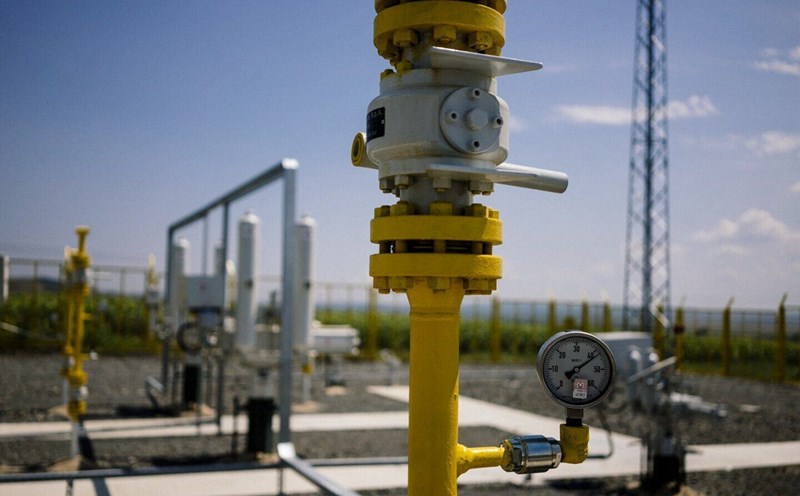Qatari Energy Minister and Chairman and CEO of Qatarenergy Group, Mr. Saad al-Kaabi, sent a warning letter to the Belgian government. The document affirms that Qatar may stop exporting liquefied natural gas (LNG) to the European Union if the EU does not amend the Directive on the appraisal of corporate sustainability (CSDDD) effective on July 25.
CSDDD requires large corporations to overcome negative impacts on the environment and human rights in the supply chain, otherwise they will be fined. The regulation applies to both EU and non-EU enterprises with annual revenue of over 450 million euros, and will be phased in until 2029.
In the letter, al-Kaabi stressed that if the terms remain unchanged, Qatar and Qatarenergy will seriously consider finding other markets outside the EU for LNG and other products. He also rejected the directive's climate target, saying Doha has no plans to achieve net zero emissions in the near future.
According to the US Energy Information Administration, Qatar is one of the world's leading LNG exporters, with an output of about 263 million m3/day through the Hormuz Strait in 2024.

Qatar's opening of a new pipeline through Syria and improved relations with Pakistan give Doha more market choice, while the EU lacks equivalent cheap alternative sources.
This is not the first time Qatar has issued a warning. In December 2024, al-Kaabi's Minister stated: "If I lose 5% of my sales to Europe, I will not sell. I do not threaten to attack".
If Doha carries out the threat, Europe will be greatly affected in terms of energy security, although some experts believe that supply could be compensated by the US, Nigeria, Algeria or Mozambique. In contrast, Qatar is still finding customers in Asia and the Middle East, but long-term contracts with limited reselling terms may make Japan and South Korea cautious.
Qatar's share of total EU gas imports has increased from 9.1% in the first quarter of 2024 to 10.8% in the first quarter of 2025, in the context of the EU reducing purchases of Russian gas following the Ukrainian conflict in 2022.
In 2023, Qatarenergy signed a 27-year LNG supply contract for Shell (Netherlands), Eni (Italy) and Totalenergies (France), ensuring millions of tons of gas per year to Europe.
Europe's dependence on imported LNG stems from the policy of prioritizing renewable energy, while limiting the development of nuclear power. This makes the old continent vulnerable to geopolitical fluctuations, and the threat from Qatar this time is a clear demonstration of that risk.











